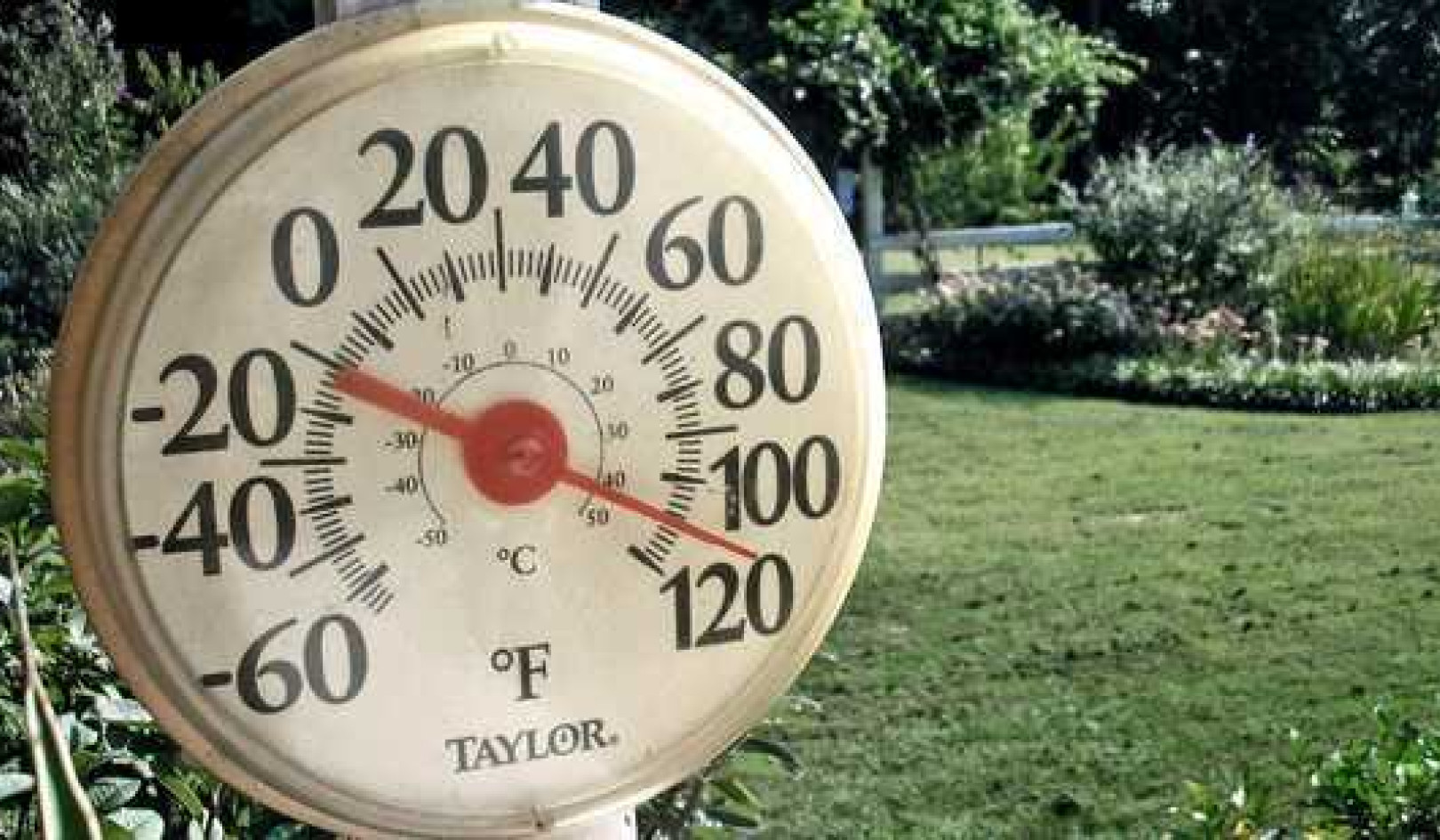
Image by Andrew Khoroshavin
The rapid spread of COVID-19 across developing countries has led to a devastating loss of life and livelihoods. The pandemic is having both immediate economic effects and long-lasting consequences on development. This is because developing economies are less able to handle shocks than advanced ones.
Around 80% of workers in developing countries are engaged in tasks that are unlikely to be performed from home, meaning lockdowns are preventing them from working. And 70% of workers make a living in informal markets, with the majority not being covered by any form of social protection. COVID-19 containment measures are leaving a large number of people without any income.
Global poverty has fallen over the past three decades, but many of those lifted out of it have remained vulnerable. They sit just above the poverty line, but are ineligible for existing anti-poverty cash assistance. In a previous article, my co-authors and I argued that this could lead to an increase in global poverty for the first time since the 1990s, with tens of millions falling back below the poverty line. Such a situation, I believe, calls for drastic action.
Extraordinary measures
In a recent working paper for the United Nations Development Programme, my co-author George Gray Molina and I argue that unconditional emergency assistance – what we call temporary basic income (TBI) – is an urgent, fair and feasible way of stopping people falling into poverty or further impoverishment as a result of the pandemic.
Looking at pre-crisis data that covers 97% of the developing world’s population, we’ve estimated what the cost would be of providing TBI to all people currently either below the poverty line or vulnerable to falling under it. This equates to 2.78 billion people across the world’s 132 developing countries.
We investigated three ways of delivering TBI:
- Top-ups on existing incomes among poor and near-poor people, up to a minimum level that is at least 70% above the poverty line in that region of the world.
- Lump sum transfers equivalent to half the income enjoyed by the typical citizen.
- Lump sum transfers that are uniform regardless of the country where people live. Under this system, the amount we simulated was US$5.50 (£4.30) a day per person, which is the typical level of the poverty line among upper middle-income countries.
Which option is best will depend on the situation. For instance, the first will only work in countries where registry systems have accurate information on what people earn. In countries where such systems are absent or weak, flat amounts according to general living standards (as in option two) or poverty lines (option three) might be better.
The total cost amounts to between US$200 billion and US$465 billion per month, depending on the policy choice. This is equivalent to between 0.27% and 0.63% of developing countries’ combined monthly GDP.
It’s a relatively moderate cost to cover such a profound shock and protect people from poverty. And providing TBI could have other positive effects as well: unconditional cash transfers can lead to people spending more money on their diet and can potentially improve health outcomes and school attendance. They can also protect people’s assets and allow them to diversify their livelihoods.
Will we actually see this happen?
TBI isn’t a radical idea. Forms of basic income are being rolled out under different names and with different funding levels around the world. Tuvalu has a fully fledged temporary universal basic income, and Spain has brought forward a minimum income scheme for low-earning households in response to the pandemic.
But our proposed scheme would be much larger – and would aim to reach as many excluded people as possible within the next six to 12 months. There are at least three obstacles to this.
The first one is administrative. Reaching eligible people who are currently invisible to official records and payment systems will require some work – they will need to be digitally registered before they can receive any assistance. Some people are beyond the traditional reach of the state because they lack formal documentation or live in informal settlements, which are more common in developing countries.
In these cases, alternative solutions – such as partnering with local social networks that have greater proximity to poor and vulnerable people – may be needed to find everyone eligible. The cost of adding each new person is not insignificant, but pales in comparison to the direct and indirect benefits of providing those people with TBI.
The second obstacle is obvious: funding. Given the temporary nature of the challenge, funding TBI by additional taxation could be politically difficult. Other ways of covering the costs are instead worth exploring.
For example, funds could be raised by repurposing nonessential spending, including wasteful expenditures and energy subsidies (which usually tend to benefit the better off). Alternatively, debt repayments could be paused for a period. Developing countries are expected to make debt payments of US$3.1 trillion this year. A comprehensive repayment freeze for 12 months, if possible, would fund 16 months of TBI under the top-up option, 12 months under option two and up to six months under option three. Also, as emergency cash transfers are often steered towards immediate essential consumption, part of the money will be recaptured by indirect taxation such as VAT and sales taxes, thus providing a degree of self-funding.
The third obstacle is trust. Governments will need to be trusted not to redirect whatever they raise towards other purposes, nor to allow temporary measures to last any longer than agreed. They will need broad (possibly cross-party) support to launch these schemes, and they will need to make sure that those that don’t benefit from them still see the schemes as credible. These are all political challenges that need to be addressed on a country-by-country basis.
TBI schemes are not expected to reverse country-wide economic downturns, nor substitute for comprehensive social protection systems. They can, however, mitigate the worst immediate effects of a crisis that has been magnified by deep-rooted structural inequalities and injustices that haven’t been decisively addressed in the past.![]()
About the Author
Eduardo Ortiz-Juarez, PhD Candidate in Development Studies, King's College London
This article is republished from The Conversation under a Creative Commons license. Read the original article.
Recommended books:
Capital in the Twenty-First Century
by Thomas Piketty. (Translated by Arthur Goldhammer)
 In Capital in the Twenty-First Century, Thomas Piketty analyzes a unique collection of data from twenty countries, ranging as far back as the eighteenth century, to uncover key economic and social patterns. But economic trends are not acts of God. Political action has curbed dangerous inequalities in the past, says Thomas Piketty, and may do so again. A work of extraordinary ambition, originality, and rigor, Capital in the Twenty-First Century reorients our understanding of economic history and confronts us with sobering lessons for today. His findings will transform debate and set the agenda for the next generation of thought about wealth and inequality.
In Capital in the Twenty-First Century, Thomas Piketty analyzes a unique collection of data from twenty countries, ranging as far back as the eighteenth century, to uncover key economic and social patterns. But economic trends are not acts of God. Political action has curbed dangerous inequalities in the past, says Thomas Piketty, and may do so again. A work of extraordinary ambition, originality, and rigor, Capital in the Twenty-First Century reorients our understanding of economic history and confronts us with sobering lessons for today. His findings will transform debate and set the agenda for the next generation of thought about wealth and inequality.
Click here for more info and/or to order this book on Amazon.
Nature's Fortune: How Business and Society Thrive by Investing in Nature
by Mark R. Tercek and Jonathan S. Adams.
 What is nature worth? The answer to this question—which traditionally has been framed in environmental terms—is revolutionizing the way we do business. In Nature’s Fortune, Mark Tercek, CEO of The Nature Conservancy and former investment banker, and science writer Jonathan Adams argue that nature is not only the foundation of human well-being, but also the smartest commercial investment any business or government can make. The forests, floodplains, and oyster reefs often seen simply as raw materials or as obstacles to be cleared in the name of progress are, in fact as important to our future prosperity as technology or law or business innovation. Nature’s Fortune offers an essential guide to the world’s economic—and environmental—well-being.
What is nature worth? The answer to this question—which traditionally has been framed in environmental terms—is revolutionizing the way we do business. In Nature’s Fortune, Mark Tercek, CEO of The Nature Conservancy and former investment banker, and science writer Jonathan Adams argue that nature is not only the foundation of human well-being, but also the smartest commercial investment any business or government can make. The forests, floodplains, and oyster reefs often seen simply as raw materials or as obstacles to be cleared in the name of progress are, in fact as important to our future prosperity as technology or law or business innovation. Nature’s Fortune offers an essential guide to the world’s economic—and environmental—well-being.
Click here for more info and/or to order this book on Amazon.
Beyond Outrage: What has gone wrong with our economy and our democracy, and how to fix it -- by Robert B. Reich
 In this timely book, Robert B. Reich argues that nothing good happens in Washington unless citizens are energized and organized to make sure Washington acts in the public good. The first step is to see the big picture. Beyond Outrage connects the dots, showing why the increasing share of income and wealth going to the top has hobbled jobs and growth for everyone else, undermining our democracy; caused Americans to become increasingly cynical about public life; and turned many Americans against one another. He also explains why the proposals of the “regressive right” are dead wrong and provides a clear roadmap of what must be done instead. Here’s a plan for action for everyone who cares about the future of America.
In this timely book, Robert B. Reich argues that nothing good happens in Washington unless citizens are energized and organized to make sure Washington acts in the public good. The first step is to see the big picture. Beyond Outrage connects the dots, showing why the increasing share of income and wealth going to the top has hobbled jobs and growth for everyone else, undermining our democracy; caused Americans to become increasingly cynical about public life; and turned many Americans against one another. He also explains why the proposals of the “regressive right” are dead wrong and provides a clear roadmap of what must be done instead. Here’s a plan for action for everyone who cares about the future of America.
Click here for more info or to order this book on Amazon.
This Changes Everything: Occupy Wall Street and the 99% Movement
by Sarah van Gelder and staff of YES! Magazine.
 This Changes Everything shows how the Occupy movement is shifting the way people view themselves and the world, the kind of society they believe is possible, and their own involvement in creating a society that works for the 99% rather than just the 1%. Attempts to pigeonhole this decentralized, fast-evolving movement have led to confusion and misperception. In this volume, the editors of YES! Magazine bring together voices from inside and outside the protests to convey the issues, possibilities, and personalities associated with the Occupy Wall Street movement. This book features contributions from Naomi Klein, David Korten, Rebecca Solnit, Ralph Nader, and others, as well as Occupy activists who were there from the beginning.
This Changes Everything shows how the Occupy movement is shifting the way people view themselves and the world, the kind of society they believe is possible, and their own involvement in creating a society that works for the 99% rather than just the 1%. Attempts to pigeonhole this decentralized, fast-evolving movement have led to confusion and misperception. In this volume, the editors of YES! Magazine bring together voices from inside and outside the protests to convey the issues, possibilities, and personalities associated with the Occupy Wall Street movement. This book features contributions from Naomi Klein, David Korten, Rebecca Solnit, Ralph Nader, and others, as well as Occupy activists who were there from the beginning.
Click here for more info and/or to order this book on Amazon.

























